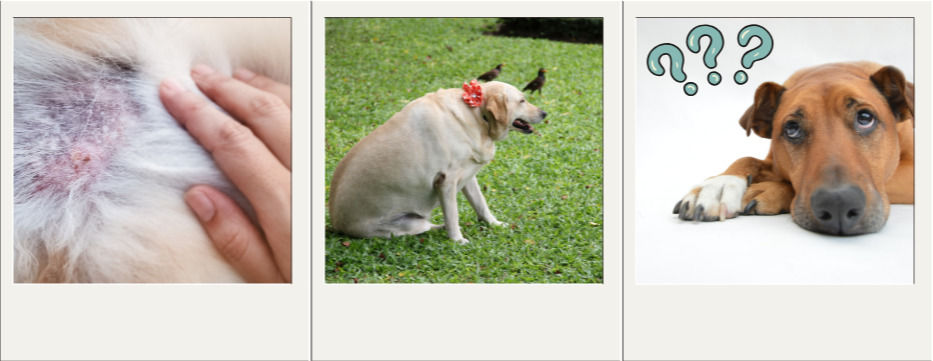Understanding Hypothyroidism in Dogs
- bridgecityvetrehab
- Aug 5, 2025
- 2 min read
Hypothyroidism is a common endocrine disorder in dogs that occurs when the thyroid gland fails to produce enough thyroid hormones. These hormones play a vital role in regulating metabolism, energy levels, and overall health. When thyroid function slows down, it can lead to a range of symptoms that affect a dog’s skin, coat, weight, and behaviour.

Causes and Risk Factors of Hypothyroidism in dogs
Hypothyroidism is most often caused by an autoimmune condition in which the body attacks the thyroid gland, leading to reduced hormone production. Less commonly, it can result from thyroid gland atrophy or, in rare cases, cancer. Middle-aged dogs, particularly medium to large breeds such as Golden Retrievers, Doberman Pinschers, and Labrador Retrievers, are more commonly affected.
Symptoms of Hypothyroidism
The symptoms of hypothyroidism can be subtle at first but typically progress over time. Common signs include:
Unexplained weight gain despite normal diet and exercise
Lethargy and reduced activity levels
Dry, dull, or thinning coat
Hair loss, particularly on the tail and hindquarters
Thickened, flaky, or greasy skin
Increased sensitivity to cold temperatures
Recurring skin infections or ear infections
Mental dullness or depression
Diagnosing Hypothyroidism
If hypothyroidism is suspected, a veterinarian will conduct a thorough physical examination and run blood tests to measure thyroid hormone levels. A complete thyroid panel, which includes testing for T4 and free T4 levels, is often necessary to confirm the diagnosis.
Treatment and Management
Fortunately, hypothyroidism in dogs is a manageable condition. Treatment typically involves daily thyroid hormone replacement therapy in the form of an oral medication called levothyroxine. Most dogs respond well to treatment, with noticeable improvements in energy levels, coat quality, and overall well-being within a few weeks.
Regular veterinary check-ups and blood tests are important to ensure the correct dosage and monitor thyroid hormone levels. Since hypothyroidism is a lifelong condition, consistent treatment is essential for maintaining a dog’s health.
When to See a Veterinarian
If your dog is experiencing any of the symptoms mentioned above, it’s important to consult with a veterinarian for an accurate diagnosis. Early detection and treatment can help prevent complications and improve your dog’s quality of life.
Hypothyroidism may be a common condition, but with proper management, affected dogs can live happy and healthy lives. If you have concerns about your dog’s thyroid health, contact Bridge City Vet Rehab today to schedule an evaluation and discuss the best treatment options for your pet.


Comments